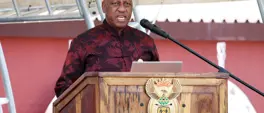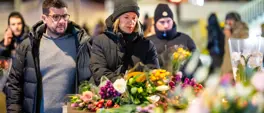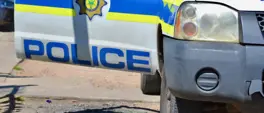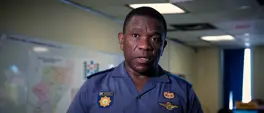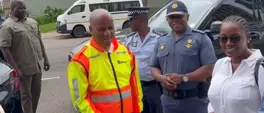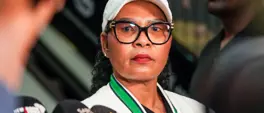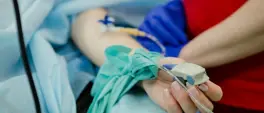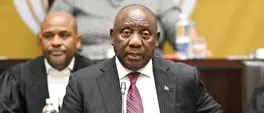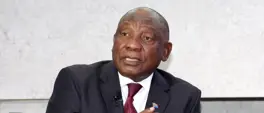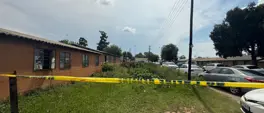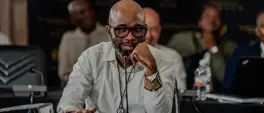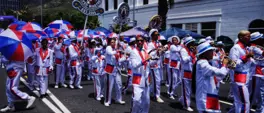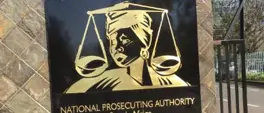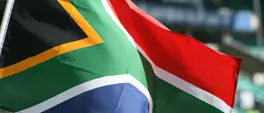MONDE NDLOVU: All talk must mean all action as we dream of a new South Africa
Monde Ndlovu
9 November 2023 | 10:00A new moment beckons in South Africa, and we need to do better, think better, live better, agree better, for the benefit of the future of our country, writes Monde Ndlovu.
Every year, in the heart of the Drakensberg Mountains, is an intellectually stimulating annual forum organised by the Kgalema Motlanthe Foundation called the Drakensberg Inclusive Growth Forum.
I had the privilege of attending this three-day forum, which took place from the 27 to 29 October, and sought to create a space where our ideas and views are tested, and one where our resolve to craft and lobby solutions to the country's challenges are brought to the fore.
In the words of Motlanthe, “Life is but given to those who continue to win it back through struggle”.
The power of the point being made by the former president is that the business of life and preserving it lies at the heart of fighting for it.
Life is given back to those who recognise its importance and are willing to fight for it, intelligently, without malice and injustice, but underpinned by fairness, equity, and justice. Similar words are echoed by Michael Sandel: “Democracy does not require perfect equality, but it does require that citizens share in a common life”.
Sandel adds another element, in that democracy at its core must foster common life to be shared and enjoyed by all. Democracy is an enemy to lifelessness and requires all citizens to have a shared mindset about life, and the principles that preserve life.
Amongst all the chosen speakers and areas of discussion, I particularly thought of highlighting key points I think the country should ponder more on.
Leaders in government and key analysts have been highlighting our debt-service costs. The Minister of Finance raised this matter sharply, and how balancing revenue and expenditure remains a challenging and daunting task.
Though debt levels are a serious concern, we may not be having the correct conversation around revenue collection. The business environment in the country and the ability to tax the system relies heavily on the existence of business and consumers.
Without oversimplifying the point, we need to be having more difficult conversations about why we are struggling to create new markets and thriving new businesses that will add to tax revenue.
In short, the resistance to transforming the economy has added to the challenges of the fiscus, and this perspective needs to be further explored.
Education, skills, and transformation have greatly added to the expansion of the middle class in South Africa, and the middle class has a huge capacity for consumption and taxation. We therefore need to debate how education, skills, and transformation can deal with fiscal challenges.
In addition to tracking the performance of the economy through traditional tools, I agree with the former Statistician-General Dr Pali Lehohla that we need to track the performance of social outcomes and objectives.
We should begin to consider a poverty, inequality, and unemployment (PIU) targeting mechanism. South Africa should have annual PIU targets and quarterly targets. The National Development Plan’s (NDP) overall targets seem to be lost in the detail and do not seem to inspire confidence in enough of us.
Finance remains the biggest industry in South Africa, with the biggest contribution to GDP per quarter. This industry needs more education, skills, and transformation. The heartbeat of the economy is the finance industry because it links all industries and drives the day-to-day transactions of society.
With the growing call for a state bank seemingly capturing the imagination of society, the regulatory environment and legislation that governs the financial sector need attention. The debate around how the system should reflect our collective aspirations, particularly as black people, needs more discussion.
We tend to remain in the idea of a state bank, yet fail to transcend into key discussions around the regulatory framework and legislation that governs the financial sector, which contributes to the failure of black businesses in this sector.
Professor Michael Sachs brought up a key point around the redistribution of assets instead of the redistribution of income. I agree with him in that transformation should also centre around the redistribution of assets to deal with inequality. The debate around a different approach to Broad-Based Black Economic Empowerment (B-BBEE) should consider how the redistribution of assets should be engaged.
And lastly, former deputy finance minister Mcebisi Jonas has been calling for a national dialogue for South Africans to air our views on a new vision for the country.
The power of the point is that we remain divided and need to convene a national discourse to chart the way forward. The Springboks’ back-to-back Rugby World Cup wins prove that transformation produces quality and deepens the will to perform.
Not only the Springboks, but also Banyana Banyana, and the Proteas too have lifted our hopes. The spirit displayed by our sporting teams shows us that transformation should not be feared and that we need each other to change the fortunes of our country.
In the words of Dr Caroline Leaf: “Your purpose is not the thing you do. It is the thing that happens in others when you do what you do”.
As we ponder about our next doings, we should monitor what happens to others when we do, because if they react negatively towards our doings, we aren’t living up to our purpose.
A new moment beckons in South Africa, and we need to do better, think better, live better, and agree better, for the benefit of the future of our country.
As Motlanthe said in his closing remarks at the forum: “This country we have borrowed from our children - it does not belong to us”.
We live to give life to the future, and we borrow from our children the strength we use today.
Monde Ndlovu is a consultant at Outlier Leadership.
Get the whole picture 💡
Take a look at the topic timeline for all related articles.
